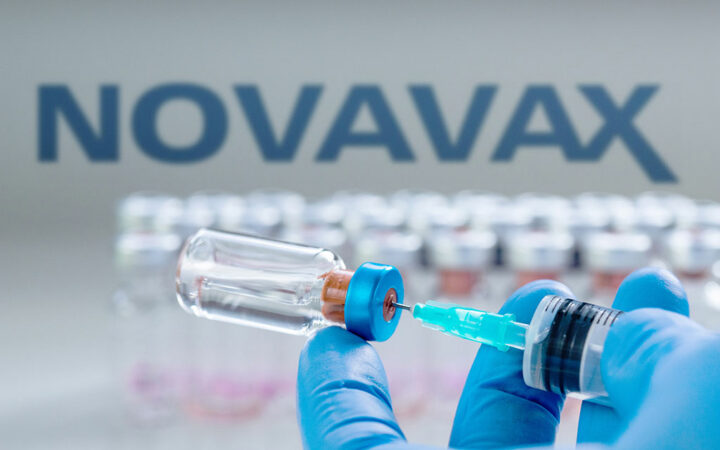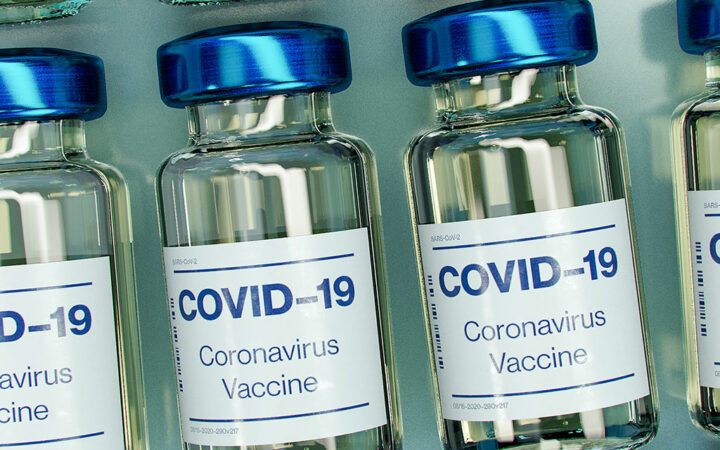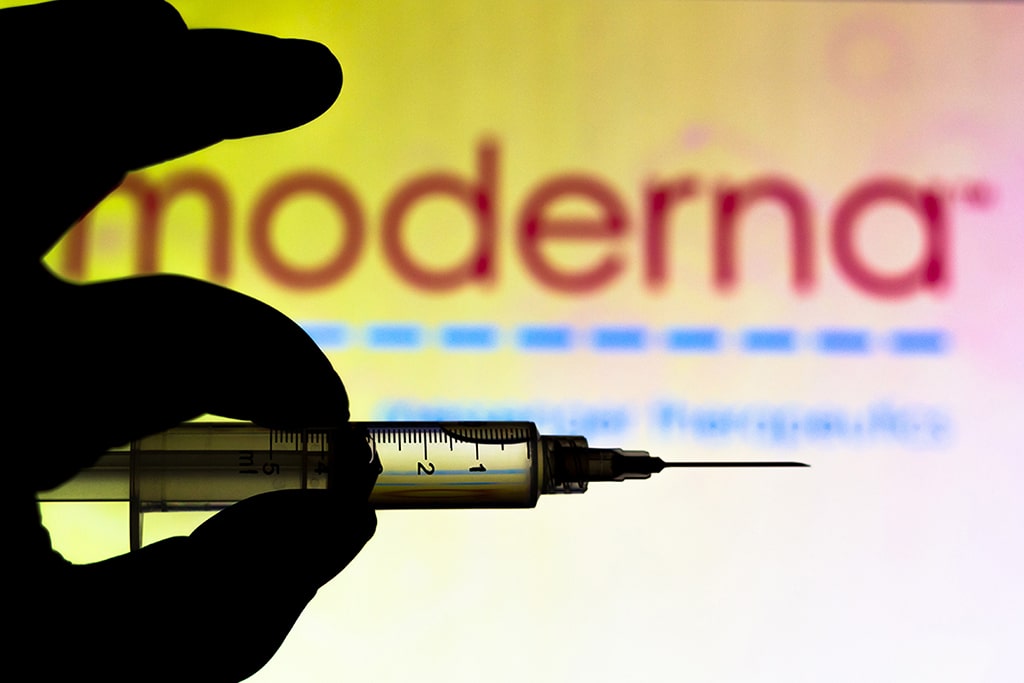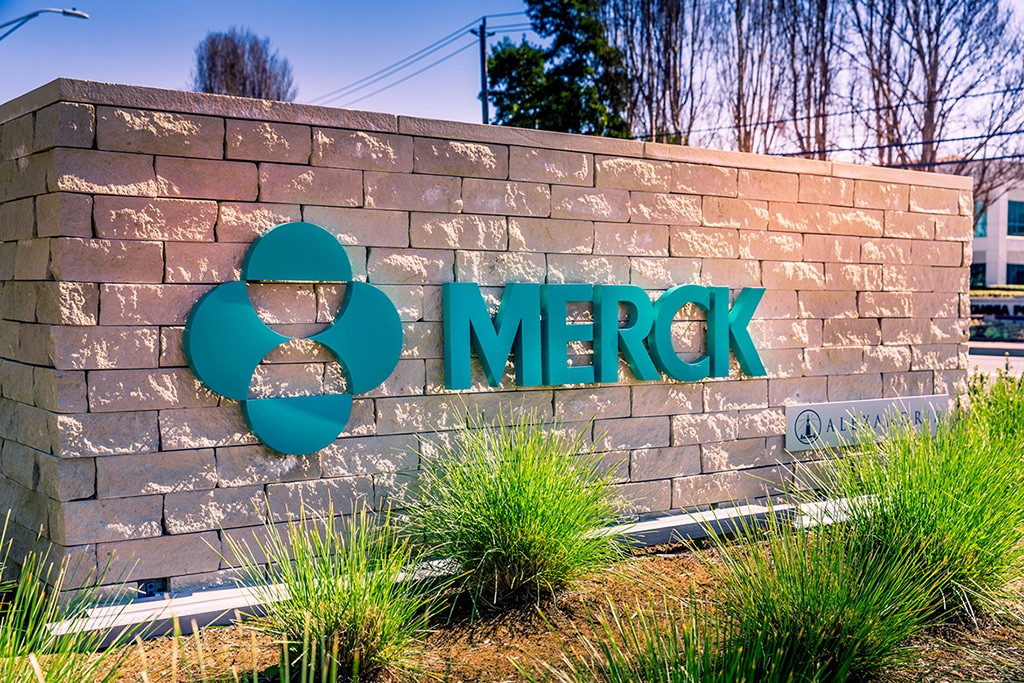
Ibukun is a crypto/finance writer interested in passing relevant information, using non-complex words to reach all kinds of audience. Apart from writing, she likes to see movies, cook, and explore restaurants in the city of Lagos, where she resides.
With the second phase concluded, the Phase 3 melanoma trial will begin soon.
 Edited by Julia Sakovich
Updated
3 mins read
Edited by Julia Sakovich
Updated
3 mins read
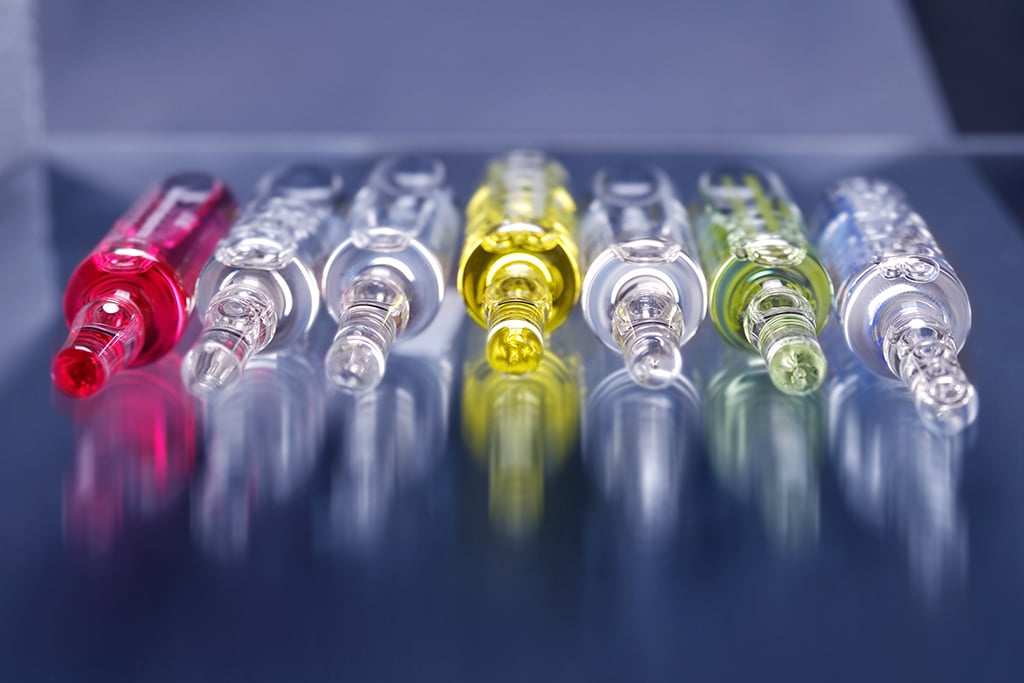
Biotechnology company Moderna Inc (NASDAQ: MRNA) experienced shares decline on Monday as an update on its cancer vaccine hit Wall Street. Moderna lost more than 8% after it released new trial results on the personalized cancer vaccine, which it is developing with another pharmaceutical company Merck & Co Inc (NYSE: MRK). While MRNA closed down, Merck also shed 0.26% to close at $115.01.
How come Moderna shares plunged despite the company announcing promising data from its cancer vaccine trial? Both companies announced the first presentation of details results from the Phase 2b KEYNOTE-942/mRNA-4157-P201 trial evaluating mRNA-4157 (V940), in combination with Merck’s anti-PD-1 therapy in patients suffering from stage III/1V skin cancer melanoma. According to the findings, combining the Moderna cancer vaccine with Merck’s blockbuster drug Keytruda reduces the risk of melanoma recurrence by 44% compared with administering Keytruda alone. Additionally, almost 80% of participants who received the Moderna vaccine and Keytruda were cancer-free for 18 months. This is compared with 62% of the participants who only got Keytruda.
M.D. Moderna’s Senior Vice President and Head of Development, Therapeutics and Oncology, Dr. Kyle Holen, commented on the motivating results. He said the results encourage the mRNA’s potential “as an individualized neoantigen therapy” to positively impact patients with high-risk resected melanoma. The Dr. explained that the Moderna vaccine combined with Keytruda could be the solution to extending patients’ lives. With the second phase concluded, the Phase 3 melanoma trial will begin soon. Holen also mentioned testing expansion into lung cancer and beyond.
Also, the senior president, head of global clinical development, and chief medical officer at Merck Research Laboratories Dr. Eliav Barr, talked about the results of the latest trial.
“Data from KEYNOTE-942 provide evidence for the potential of mRNA-4147 (V940) in combination with KEYTRUDA to improve recurrence-free survival when given to patients with resected high-risk melanoma. These data support the potential of mRNA-4157 (V940) in combination with KEYTRUDA to help fight melanoma earlier and warrant investigation of the combination in a larger Phase 3 trial. We look forward to studying mRNA-4157 (V940) and KEYTRUDA in a variety of other early-stage cancers.”
Following the trial results, the US Food and Drug Administration and European Medicines Agency granted Breakthrough Therapy Designation and the PRIME scheme, respectively, for mRNA-4157 (V940) in combination with KEYTRUDA for the adjuvant treatment of patients with high-risk melanoma after complete resection.
While a part of Wall Street becomes optimistic about the Moderna cancer vaccine in combination with Keytruda, some are skeptical. Although analysts from SVB Securities agree that the results show that the vaccine has potential, they had some reservations. The analysts added that the treatment method is new and untested. Hence, they noted that the firm does not believe accelerated approval is an option. On the other hand, Tim Anderson of Wolfe Research wrote that Moderna and Merck’s stakeholders are “cautiously optimistic at best.”
Disclaimer: Coinspeaker is committed to providing unbiased and transparent reporting. This article aims to deliver accurate and timely information but should not be taken as financial or investment advice. Since market conditions can change rapidly, we encourage you to verify information on your own and consult with a professional before making any decisions based on this content.

Ibukun is a crypto/finance writer interested in passing relevant information, using non-complex words to reach all kinds of audience. Apart from writing, she likes to see movies, cook, and explore restaurants in the city of Lagos, where she resides.

